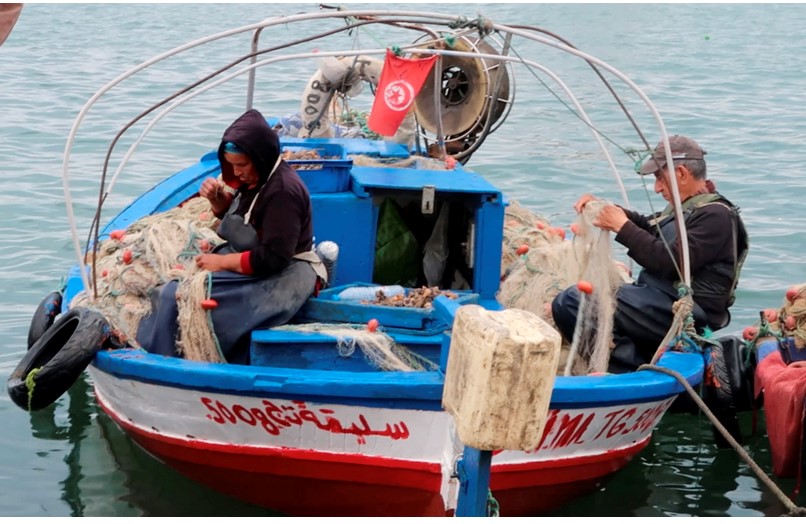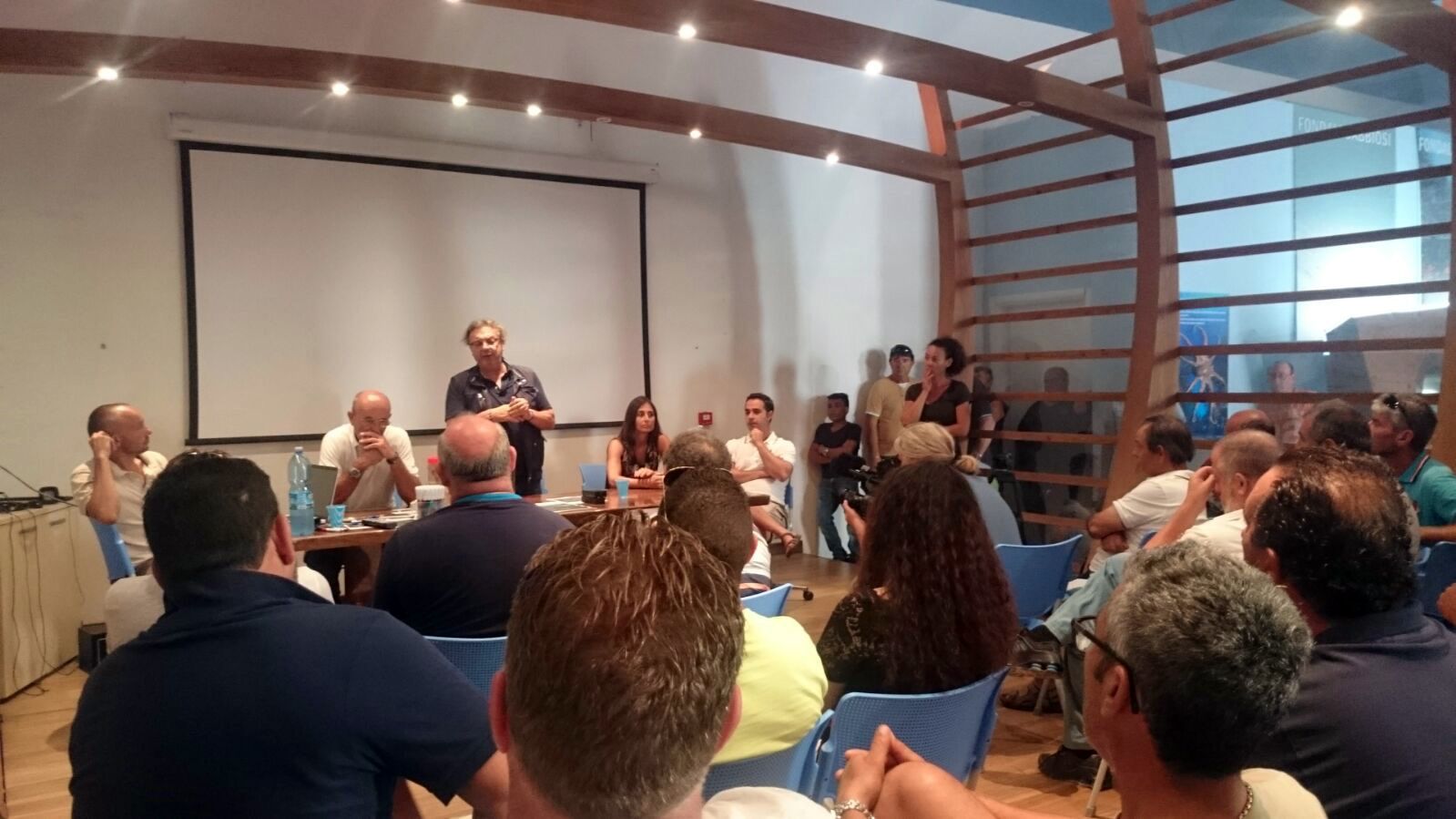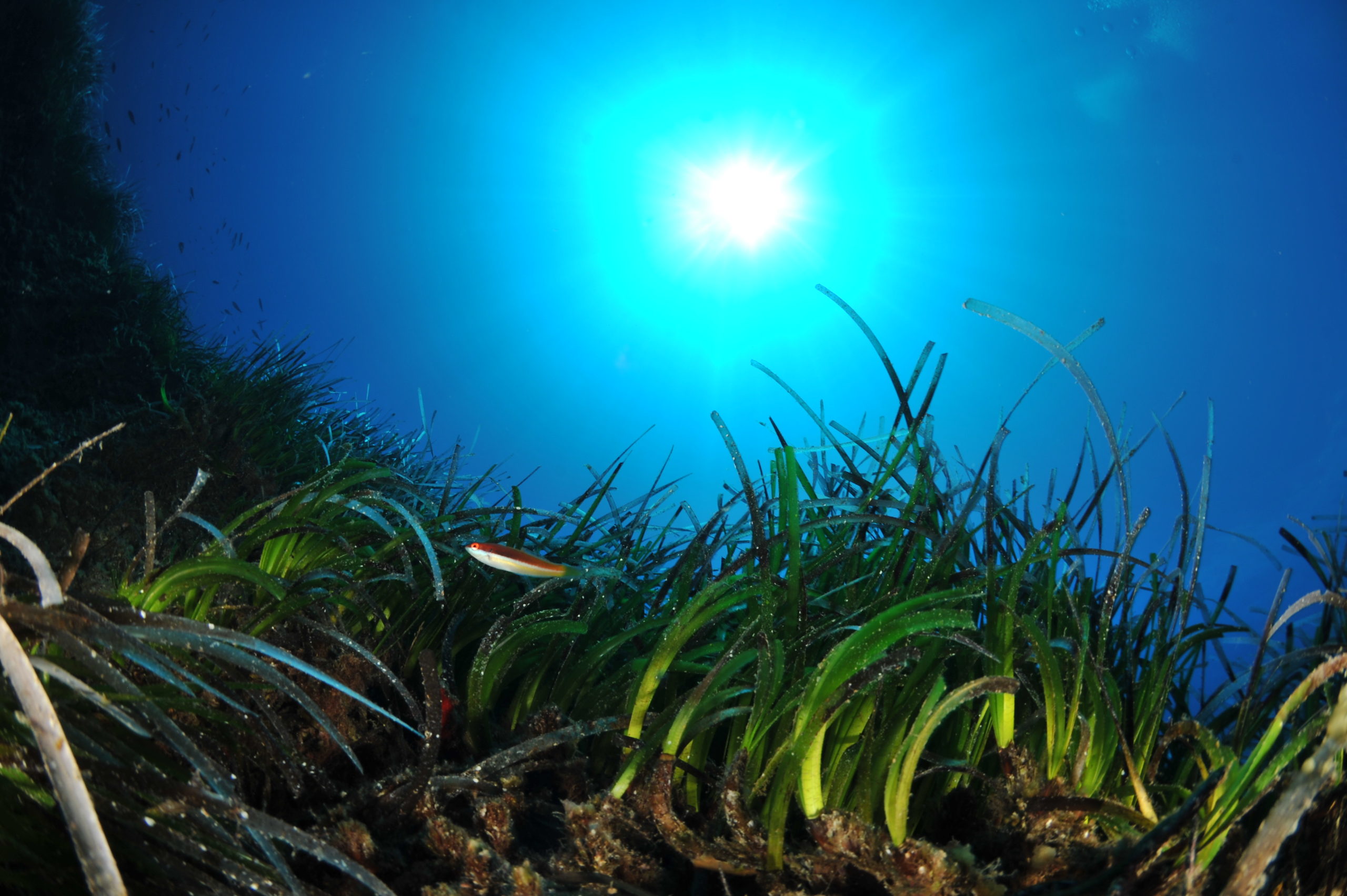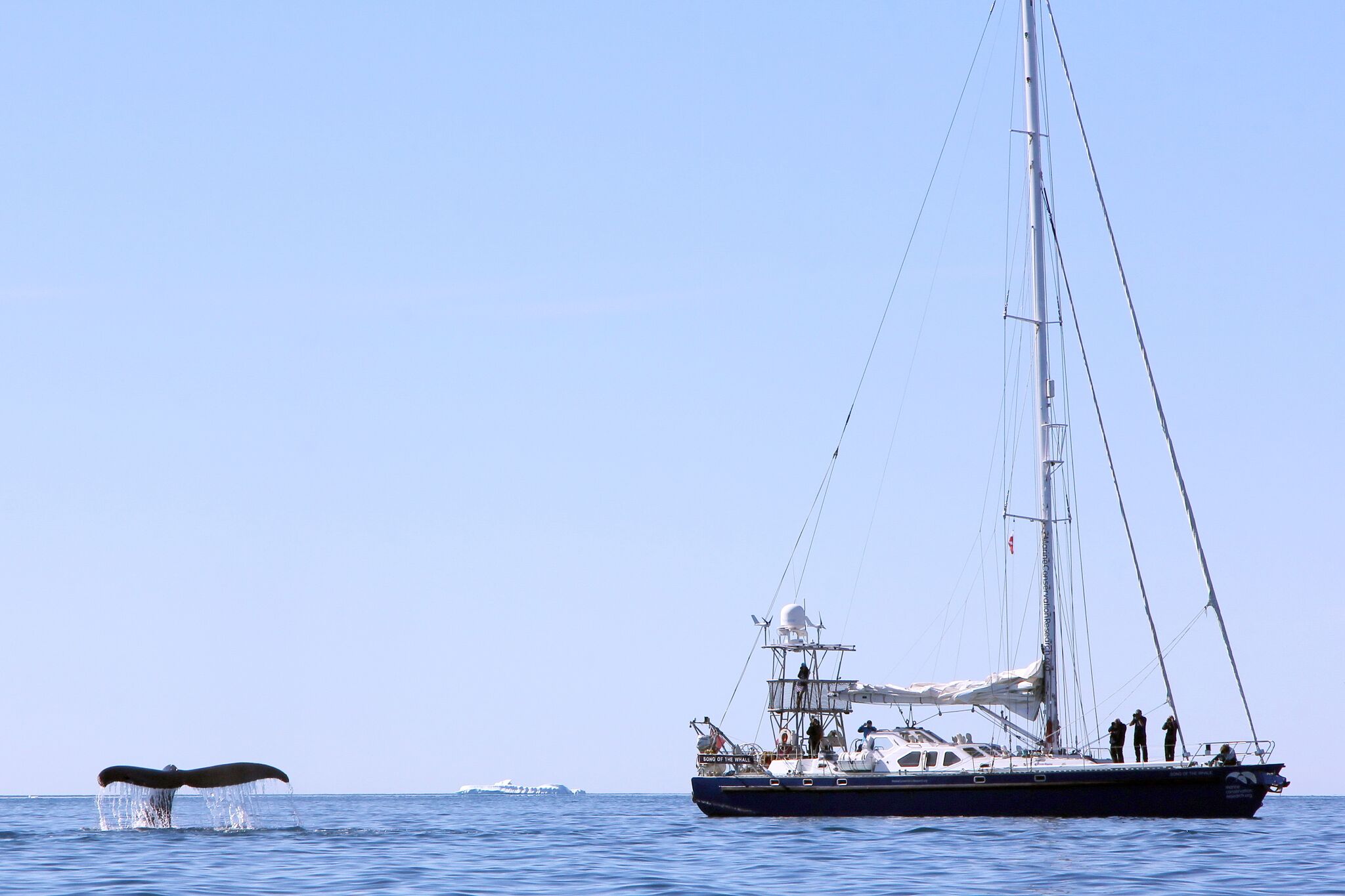Are you an expert fisherman? So when you say, ‘I’ve never seen this fish before’, it’s worthwhile to stop and listen to you.
A study, published today by the prestigious journal Global Change Biology, collects the testimonies of over 500 fishermen from 9 Mediterranean countries, who tell how our Mediterranean is changing before our eyes and under the increasing pressure of global warming and invasive species.
Climate change and human activity are indeed causing a magnificent redistribution of living species throughout the planet: a large-scale reorganization of life that can be considered largely as irreversible. Some effects are already visible in the Mediterranean coastal areas, including in Marine Protected Areas, which need to manage this new environmental problem to preserve the natural ecosystems and the services they offer.
The phenomenon extends along huge natural spaces that can be very difficult to monitor with traditional methods and with the available resources. However, by combining the knowledge of fishermen from different Mediterranean countries, the researchers provide precise reconstructions of recent changes in distribution of 75 fish species. This is the case of some native fishes of the Mediterranean – such as the bluefish Pomatomus saltatrix, the barracuda Sphyraena viridensis and the Mediterranean parrotfish Sparisoma cretense – which have expanded northwards, taking advantage of more favorable climatic conditions. Then, there are tropical species, such as the rabbitfishes Siganus luridus and S. rivulatus, the silver-cheeked toadfish Lagocephalus sceleratus and the lionfish Pterois miles, which have crossed the Suez Canal causing severe ecological and socio-economic impacts.
Observing the presence of these species, documenting their changes in distribution and abundance is today equivalent to witnessing epochal transformations in our seas. This objective was achieved thanks to coordination of ISPRA, the National Institute for Environmental Protection and research of Italy, and the collaboration of 22 Mediterranean research groups, which interviewed according to a standardized protocol, local fishermen in Albania, Montenegro, Tunisia, Greece, Cyprus, Lebanon, Slovenia, Turkey and Italy. Their knowledge is today preserved in a single dataset that cumulatively corresponds to more than 15 thousand years of experience at sea. The approach used enhances the observations and knowledge of experts who live every day in close contact with nature and interact with its inhabitants. A knowledge recognized only recently by the scientific community and technically referred with the term Local Ecological Knowledge (LEK).
The survey shows for the first time how LEK can be a valid monitoring tool on a large geographical scale. At the same time this long lasting study can be also appreciated as a beautiful example of cooperation in times of troubles for our Mediterranean region. A formidable partnership between local communities and scientific research that offers new possibilities to understand and manage the environmental problems of the third millennium.
The study was completed within the European project MPA-ADAPT (funded by the INTERREG MED programme under the European Regional Development Fund), with the involvement of important institutions operating in the Mediterranean, such as the CIESM (Mediterranean Science Commission) and the FAO (Food and Agriculture Organization of the United Nations). The IUCN Centre for Mediterranean is one of the partners of the MPA-ADAPT project.
STUDY: Article in Global Change Biology
Press release launched by Italian National Institute for Environmental Protection and Research (ISPRA) in collaboration with the Spanish National Reserach Council (CSIC), Delegation of Catalonia.



